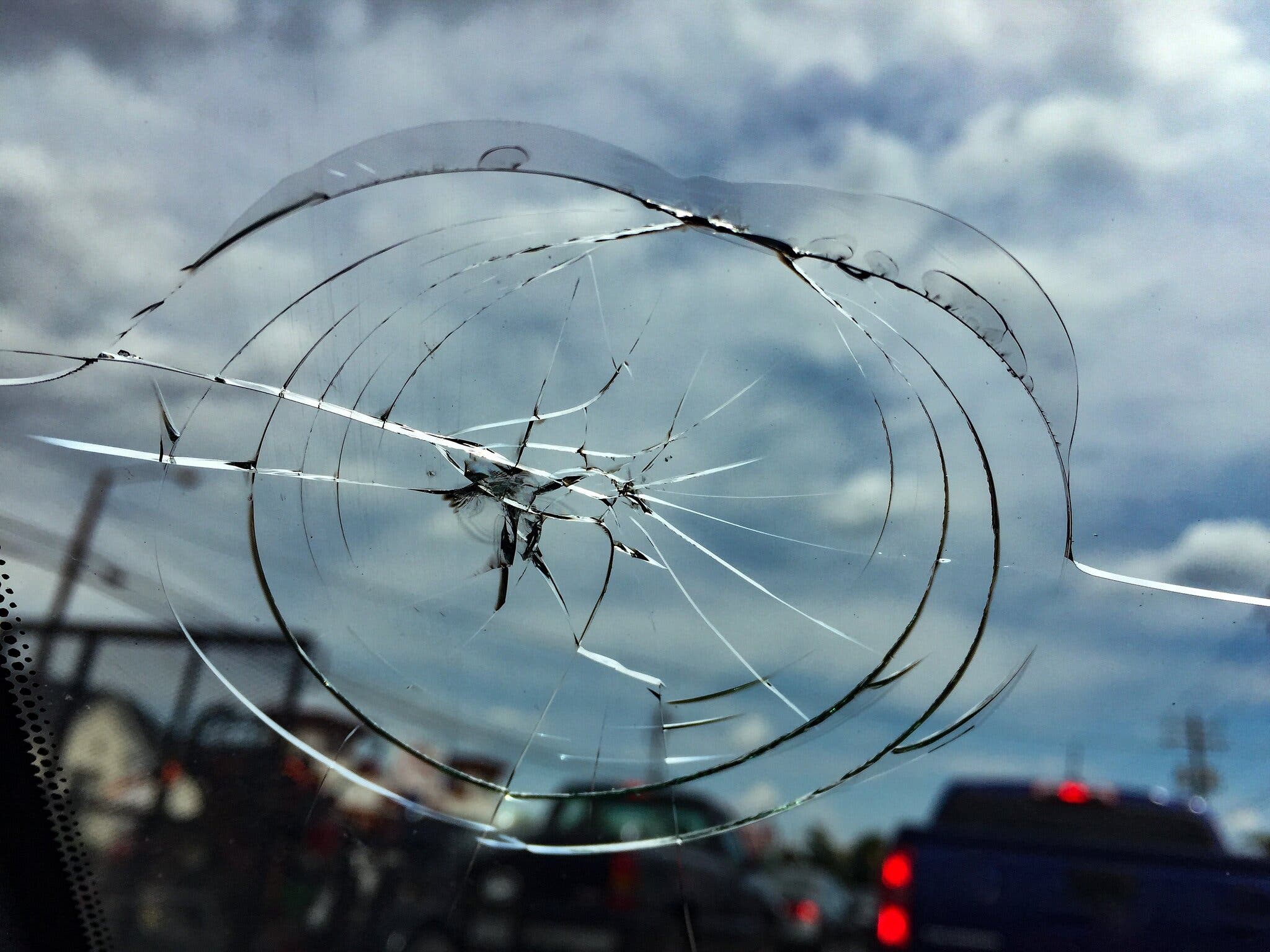Michalek’s research featured in Bloomberg
Engineering and Public Policy Professor Jeremy Michalek’s research on the environmental impacts of switching from private vehicle travel to ride-sharing services was recently featured in the Bloomberg article, That Uber or Lyft Trip May Be Worse for the Planet Than Driving Yourself.
In the study, Michalek, alongside co-authors Jacob Ward (EPP PhD ’20) and Associate Professor Costa Samaras, simulated replacing 100,000 private passenger vehicle trips with TNC trips in six U.S. cities, using publicly available ride-hailing data from New York City, Austin, Chicago and the state of California. Through a review of other studies that have quantified the externalities of driving in general, such as local air pollution, greenhouse gas emissions and traffic deaths, they approximated the dollar amounts that society saves or spends when travelers choose Uber or Lyft over their own automobiles.
The researchers found that ride-hailing helps on at least one front: air pollution. The simulated TNC shift brought a 50% to 60% decrease in local air pollution costs. But that benefit was undone by the negative impacts of deadheading, or the time in between trips when drivers are traveling passenger-free to their next pickup. The study found that the added vehicle travel from TNC deadheading increased fuel consumption and its associated greenhouse gas emissions by roughly 20%, and drove up social costs linked to congestion, crashes and noise by 60%.
All told, switching from a private car to a TNC increased net external costs by 30% to 35%, or about 35 cents per trip.
“Just by avoiding starting up your personal vehicle, you’re avoiding some air pollutants when you take a TNC trip,” said Michalek. “But that’s not enough to make up for all the driving to and from passengers that vehicle is doing.”
Visit Bloomberg to learn more about the external costs that ride-hailing trips generate.

